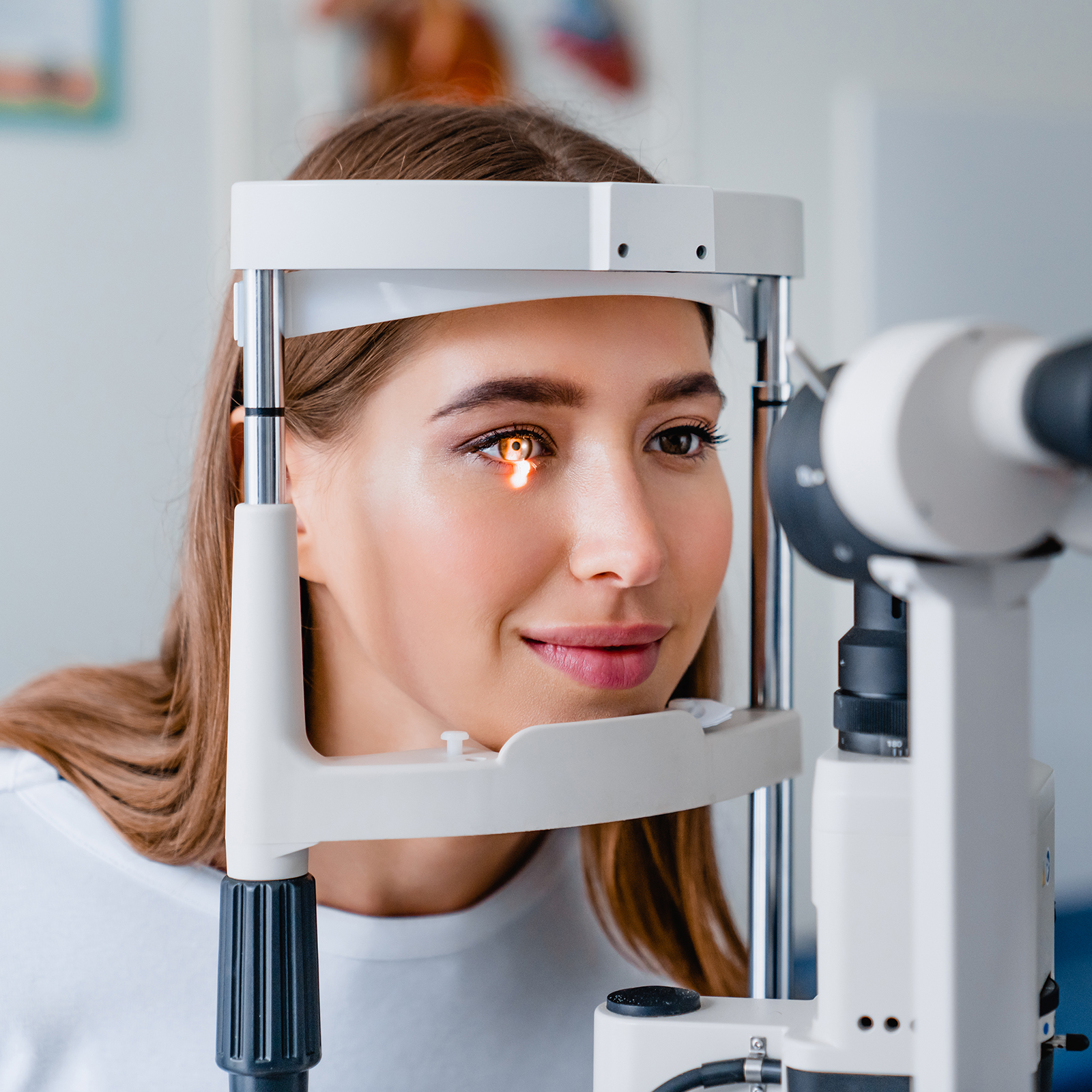At Huron Ophthalmology, we believe that everyone deserves the absolute best in eye care. We are proud to care for the vision and eye health of patients in the Ann Arbor area.
Comprehensive eye exams are important to determine your need for eyeglasses or contact lenses and to maintain the health of your eyes.
Huron Ophthalmology wants to better serve you and ensure a more efficient and personalized experience; we are now requesting that all patients schedule an appointment to pick up their glasses. This will help us manage traffic, provide the attention you deserve, and minimize wait times.


Vision and eye health changes can occur without you noticing. The earlier an eye problem is detected and treated, the more likely treatment will result in a successful outcome.
During a complete eye exam, eye diseases or other abnormalities that are not yet causing symptoms can be detected. We can seamlessly connect you with specialists for continuing care.
In addition to complete eye exams, our practice offers a wide range of services and specialties to help maintain or improve your vision and eye health. Schedule a complete exam online now or call (734) 434-6000 to schedule your appointment with Huron Ophthalmology today.
A complete eye exam includes a thorough examination of your eyes and typically takes less than an hour to complete. Your eye doctor will use a variety of tests to evaluate the health of your eyes and check your vision. Not all tests are required for each patient.
A regular eye exam is essential for everyone. Serious medical conditions, such as cancer, stroke, high cholesterol, diabetes, and high blood pressure can be detected through an eye exam, allowing patients to seek treatment early. An eye exam is also your opportunity to ask questions about your vision or eye health and learn more about your options for vision correction or any necessary eye care treatments.
Everyone should have routine eye exams. The Academy of Ophthalmology recommends that routine eye exams are essential, even if your eyes and vision seem fine. From childhood vision screenings to your senior years, it’s important to detect eye diseases early. Early treatment can help preserve your vision.
Based on your individual needs, your optometrist or ophthalmologist will advise you on how often an eye exam is needed. If you have an infection, injury, or eye pain, or you notice sudden floaters, flashes, or patterns of light, see an eye doctor immediately. Also, schedule an eye exam now if you have an eye disease or risk factors such as:
